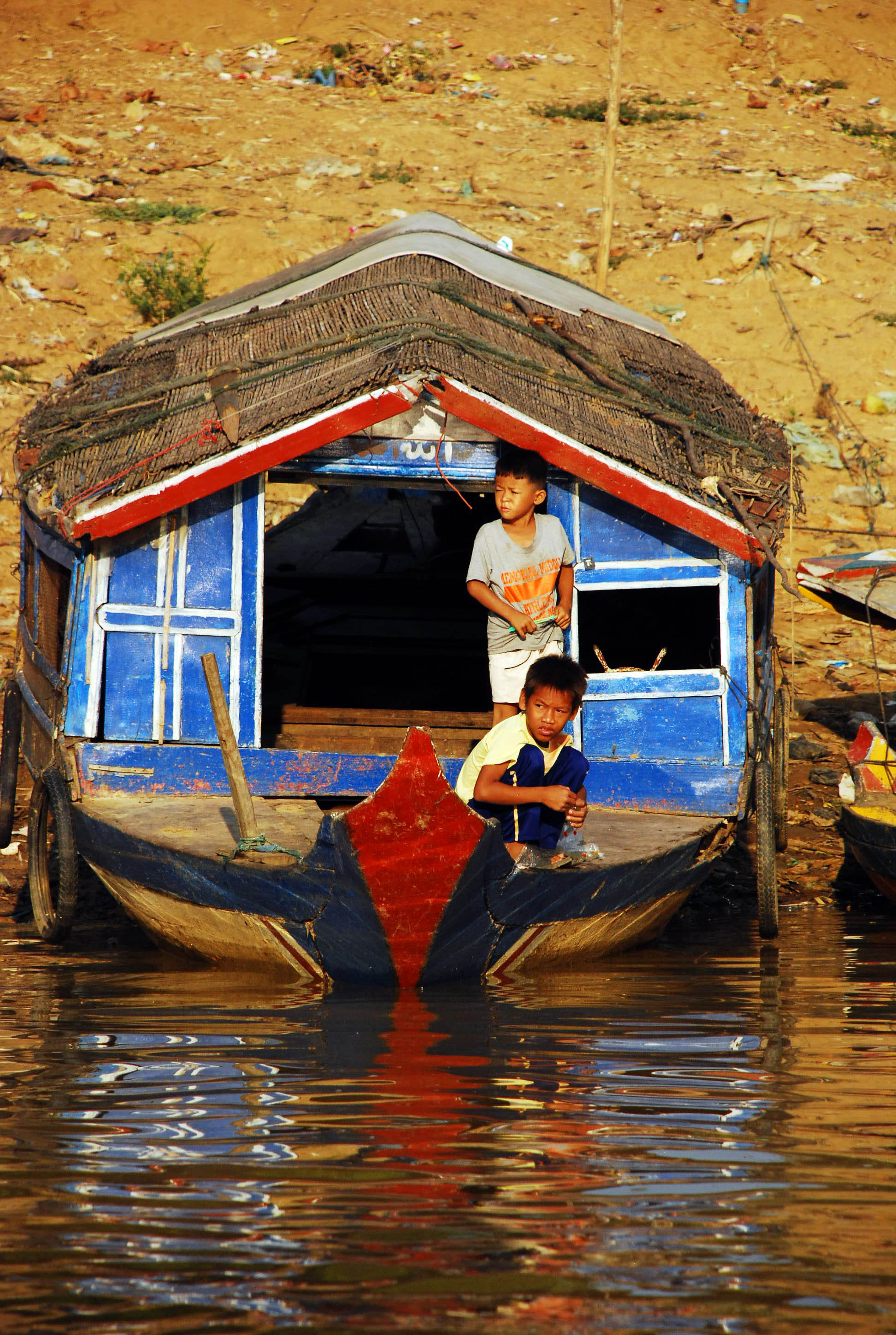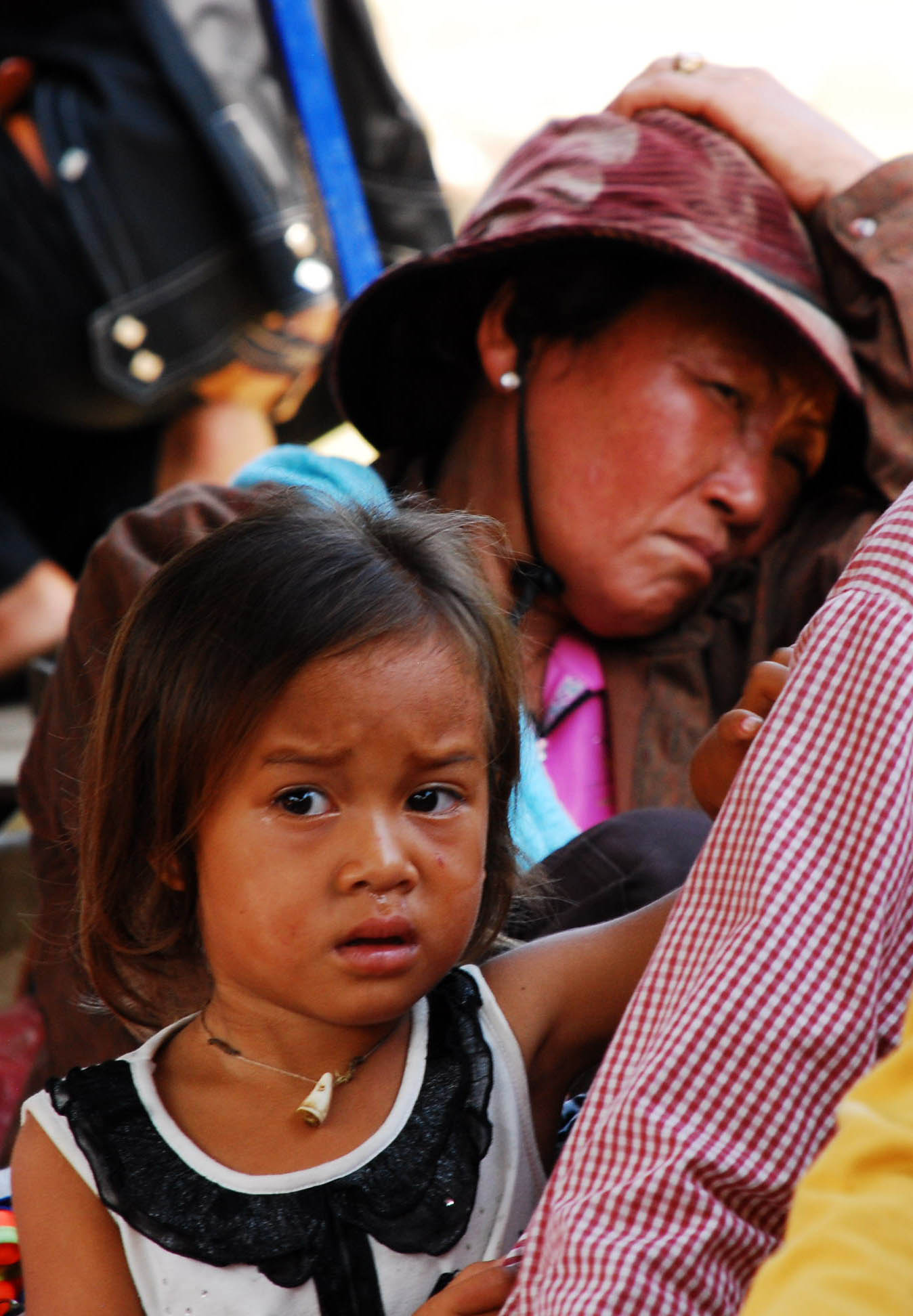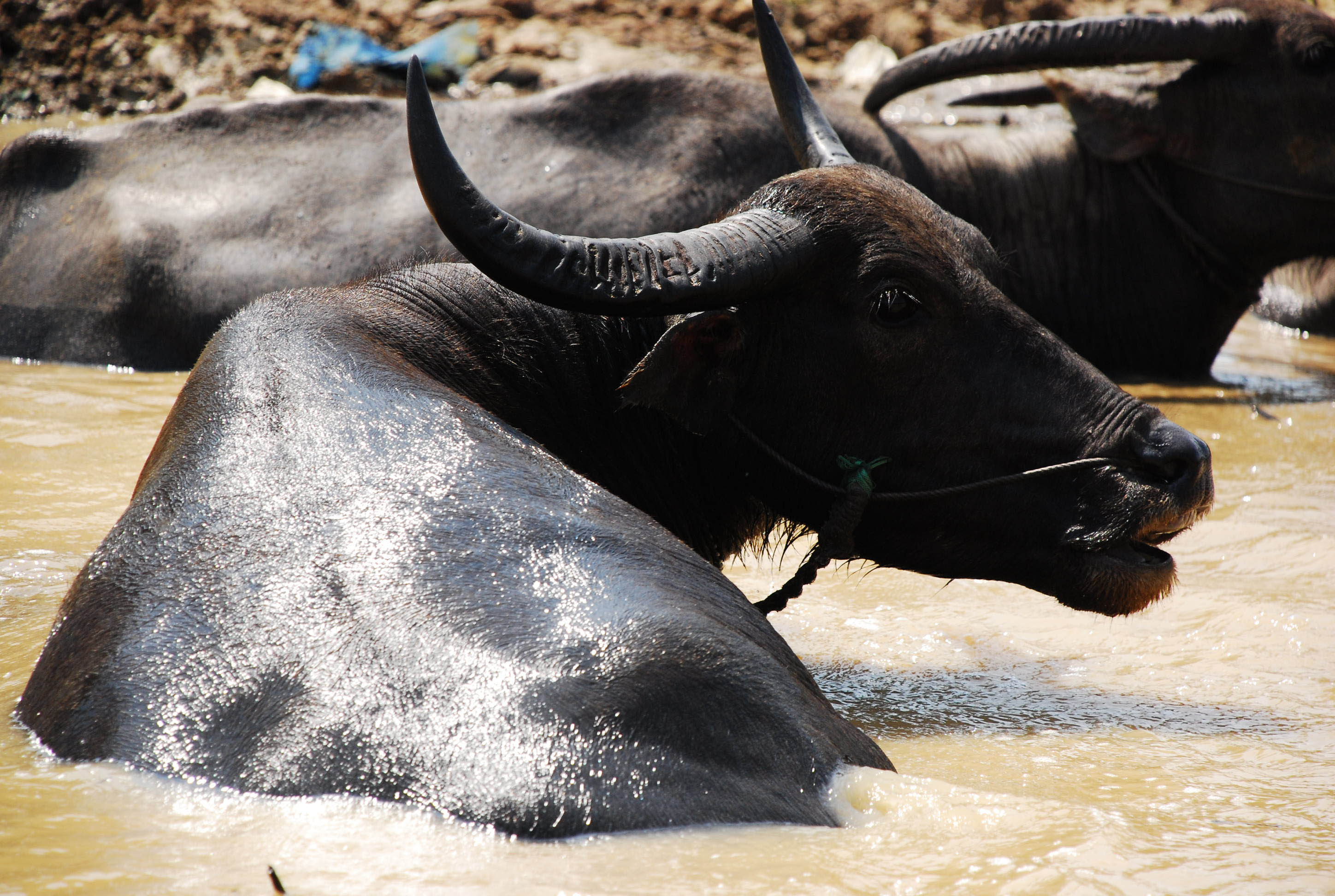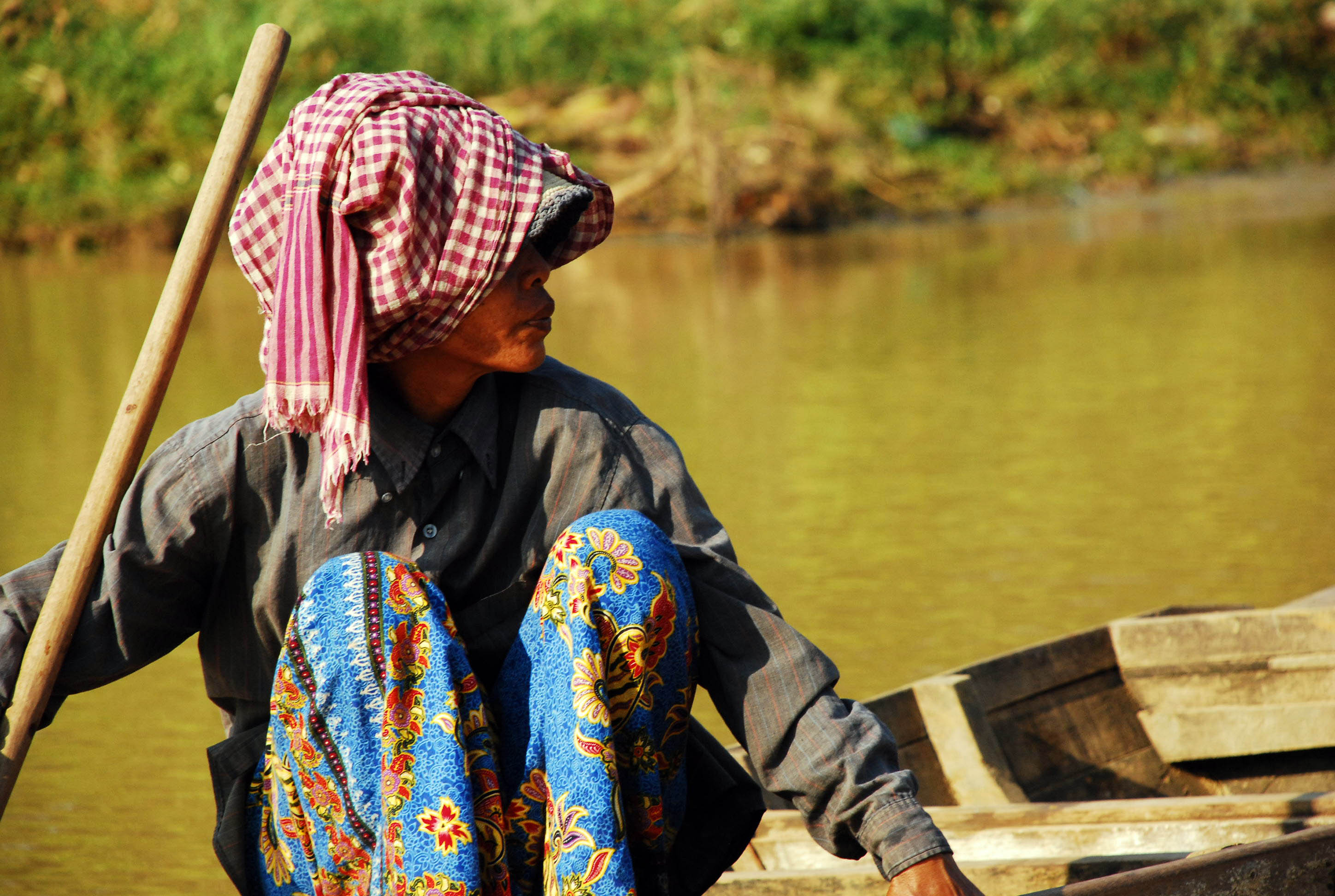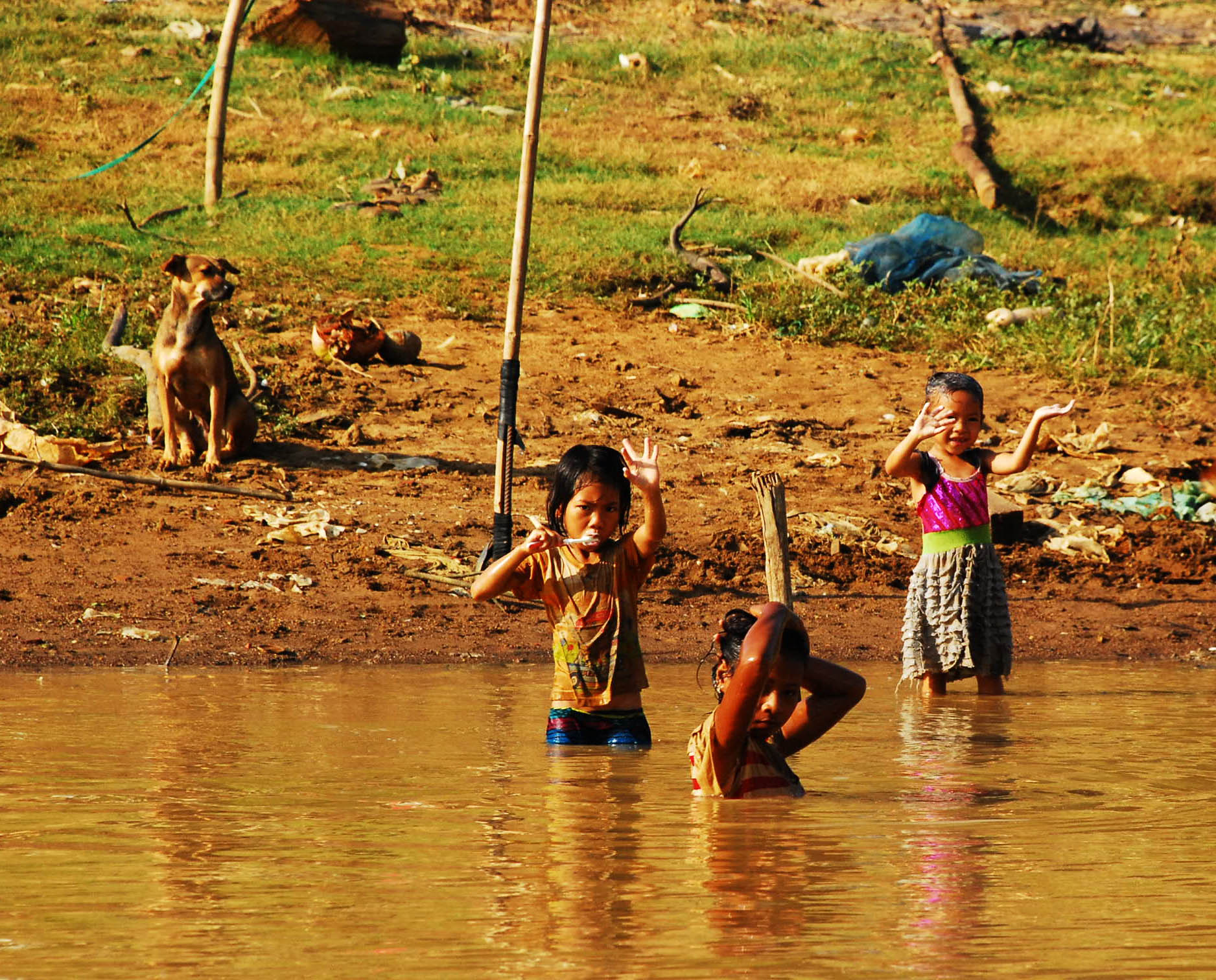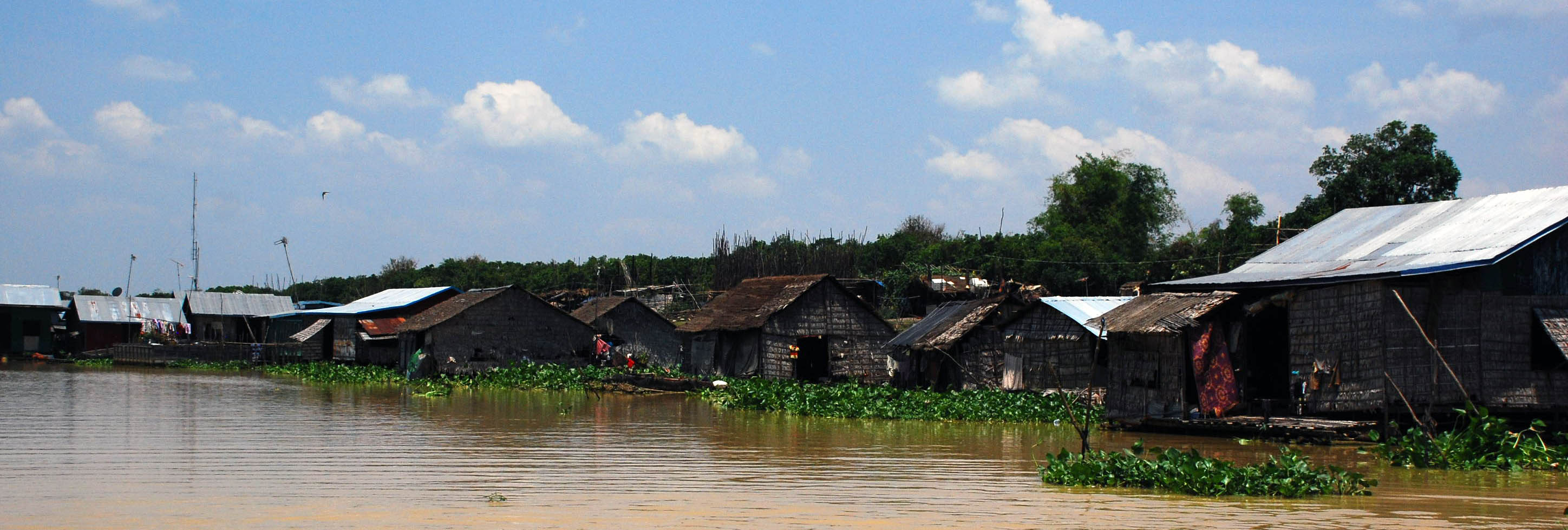Insights from the Pavement: Past Failures
On the road we make decisions that either make our path rockier or pave the way for smooth sailing. And in life, this metaphor is realized in a much grander scope.
Some of us may have heard someone say, “Your past does not equal your future.” And for all intents and purposes, this is true. This is referring to any possible past failures somehow contributing to deterioration of some misty promise of a new, positive or fulfilling path.
And while we certainly represent the collective average of our past victories and defeats, this does not necessarily mean that any of our past patterns have any business in our future lives.
What it does mean, however, is that what’s most important is the decision that we make right now.
We are never going to be able to change our past. But that’s not a bad thing. Since our past brought us to where we are at, for better or worse, here we are. And it’s not what’s in the past that matters.
This seems like a very simple idea – one that has been echoed many different times in many different ways. But it’s nevertheless very important that we take this idea one step further and not just realize that this is true, but also that we continue without any shame of our past decisions.
Many of us are stuck in a cycle of embarrassment or shame that we place on ourselves from the decisions we’ve made in the past. But this adds up quickly and it compounds with each new decision.
When we allow ourselves to hold on to the weight of our past failures, what we’re really doing is telling ourselves that it’s okay feel undeserving of future successes. And that isn’t good for anyone – and certainly not our sense of self.
Many times, the person who thinks the worst of our failures is us – oftentimes meaning much less to witnesses. And so letting go of the perceived embarrassment of those failures is limited only by our own opinions and perceptions. And even if our failures impacted others, it’s still just as likely that we are still our biggest critics in these matters.
It may be necessary to attempt to clean the slate with others (who are worth keeping on as friends in the future). But it is always crucial that we do so with ourselves. Facing our demons goes without saying. But embracing our time in the trenches will do us the most good if we are to remove ourselves from that pattern of repeating failures.
Travelcast with Mark Vogler, Podcast #14
This week’s travelcast is long overdue. The refreshingly honest and unquestionably well traveled, Mark Vogler is a local radio contributor to the San Francisco area. An admitted wine aficionado, Mark also discusses his Out In The Vineyard party where people of all sexual orientations gather to enjoy the liquid of the grape gods. And, as always, we talk about travel — and how it relates to the heated issue of LGBT travelers and the headlines it’s making in controversial places.
[youtube=http://www.youtube.com/watch?v=VT5HWf1Lvn8&w=560&h=315]
Check out more podcasts at: www.travelgeekmagazine.com
follow on twitter: @cyleodonnell & @travelgeekmag
Find on facebook: www.facebook.com/thetravelgeek
Like on facebook: www.facebook.com/cyleodonnellthetravelgeek
Insights from the Pavement: Living By Our Own Standard
How many countries have you been to? How many miles have you hiked? How many top ten mountains have you climbed?
For those of us who’ve been traveling for any notable length of time, we can recall a period when these questions were important to us. But, as the natural progression of exploration goes, these inquiries make less of an impact on us than, say, questions like ‘how much do you know about this culture,’ or ‘how much time did you spend researching the ancient ruins of [wherever],’ or ‘how many languages do you speak?’
This is the graduation of interests that comes to any long term traveler who’s put in their dues and thought a little deeper about what it means to explore our world.
The truth is, there will always be someone out there that has done more, seen more, or is better at one thing or another than we are. And this is also true of us — as we certainly have our own talents as well. We may be better at keeping a blog than the next person while they may have visited more temples throughout Asia. And they may have travel stories from 50 countries while we have just as many stories from only a few.
When we boil it down to its most basic parts, the game of comparing ourselves to others is all relative. And ultimately, there’s never a need to do so. Because, even if we strive to visit the most countries, to learn the most about other cultures or to ride the most trains in the world, the person sharing that exact same experience will do so a completely different way. And therefore, they’ll value very different parts of that same event.
Leaving the contest to the inexperienced is best, so that they can learn to achieve in their own speed. Eventually, they will come to a point where they may realize that in the game of life, the only thing winning or losing determines is how we feel about ourselves. And in that, the same result can be achieved simply by doing our best or performing at our worst. It’s not others we’re competing with, after all.
So if we remember that the competition only exists within ourselves, it will only be our previous accomplishments that we will seek to surpass. And in that particular game, we always win.
Travel Geek: Documentary Malaysia (Full HD)
Having spent 2013 filming in all parts of Malaysia, this documentary showcases six of the nine selected filming locations. Starting off in Malaysia’s cultural hub, I move northward from Malacca to celebrate Thaipusam outside of Kuala Lumpur. From there, I discover street foots, mile-high temples and Malaysia’s smallest and most diversified national park, roaming sand, sea and jungle in Penang. Then I take to the rafting waterways and climb active waterfalls in Gopeng. Following that is a trip through the tea-rich mountains of the Cameron Highlands where I find the world’s largest flower. And I end my journey on a tropical island getaway, snorkeling on Tioman Island.
[youtube=http://www.youtube.com/watch?v=EDN4xuVo51c&w=560&h=315]
Check out additional footage from Travel Geek: Documentary Malaysia
at: www.travelgeekmagazine.com
follow on twitter: @cyleodonnell & @travelgeekmag
Find on facebook: www.facebook.com/thetravelgeek
Like on facebook: www.facebook.com/cyleodonnellthetravelgeek
For collaborations and business inquiries, please contact via Channel Pages: http://ChannelPages.com/cyleodonnell
For the rest of the footage, as well as outtakes, extended cuts and extras that weren’t included in this film, check out the “Short Documentary Films” playlist, or select from the links below:
TGS: Documentary Malacca http://youtu.be/HGt9bMvJXeE
TGS: A History of Georgetown http://youtu.be/H4KI6T7gLLg
TGS: Hiking Tabur West http://youtu.be/KpK9tnRRAm4
TGS: Documentary Gopeng http://youtu.be/X2REKG-3w-8
TGS: DOcumentary Thaipusam (Extended Cut) http://youtu.be/PvpIWH5-gBo
TGS: Documentary Thaipusam http://youtu.be/el8V5UyY0Wk
TGS: Cameron Highlands http://youtu.be/7j1-bYKnrr0
TGS: Taman Negara http://youtu.be/T2raaBH8UPk
TGS: Hiking Tioman Island http://youtu.be/xpmola-7zWA
TGS: Snorkeling Tioman Island http://youtu.be/o5Hz5Qd0gKY
Serdang: Giant Hamster Ball Adventure http://youtu.be/mtEGWAMp26Q
Gourmet Chicken Tandoori Cuisine in Malacca http://youtu.be/_E3EJmsD3ek
Insights from the Pavement: Stop Running Away
One can travel every corner of the world and never get any farther away from his problems. He might gain new problems which, for a time, allow him to forget about his old problems. But a universal constant is that issues are never too far from the surface.
Smiles offered to us as we travel through Thailand come from monks who have problems just as gang members in Guatemala City might give us scornful looks. Each of us has problems, and each of us feel equally compelled to fear them.
Nevertheless, the more we run from our issues, the more destructive it becomes to us and likely also to those around us.
Think about it: Has our running away made us any happier? As travelers, it’s difficult not to be overwhelmed with pleasure and awe when we encounter the new and amazing things on the trail. But when the evening creeps around and we find ourselves staring at the hostel bunk above us or the stars overhead, we may still find our wonderful memories stained by the return of that old issue we never dealt with.
It is there for a reason. And it’s not going away. Not until we turn and face it. And it will only grow in time like a cancer.
But there’s some good news involved with this frightening thought. Firstly, even the most minuscule problems that others deal with mean just as much to them as the bigger issues do to us. We may see their problems as less profound than ours, but there’s no proof that this is the case. So it might help knowing that each of us are made aware of our problems in our own way and with an individual, yet collective sense of urgency.
Essentially, we’re all fighting a private battle with our past. And each of us feels the same apprehension over sharing, fear of failing to overcome, even the embarrassment of the original issue. So that leaves us — the entire human population — all fighting the same battle but on an individual level. Imagine how easy it would be to simply deal with it as the collective group of the equally frustrated mind-warriors that we are!
Also, problems seem more profound to us at different times in our lives. But the imperative to act is always constant. If we close our eyes and think back to the last long term pressing issue we had, we will note that the initiative to handle that issue may have come and gone, but never lessened in intensity. Even when we have sought to skew it with projects, detour it with distractions or even drink it away.
Looking up a hill before we climb it always seems to look much less intimidating from the top. But if this hill stands between where we’re at and where we want to be, it simply must be scaled.
Tools that make this process much easier include communicating with others and stating reachable goals with their assistance; forgiving others who might have wronged us along the way; forgiving ourselves for the same; offering genuine trust in order to realize that pitfalls as well as safety nets are available and inevitable; being a person others can trust; and of course, love for the people who’ve taught you.
No more running away from our challenges. Change the pattern. Surprise the world. Chase them down instead.
Featured cover image Source.
Travel Geek Short: Hiking Tioman Island
In the final installation of shorts from Travel Geek: Documentary Malaysia, I hike overland from the east coast to the west coast of Tioman Island. Along the trail, I meet up with a nomadic nature photographer, discover giant glider squirrels, snakes, gigantic, old trees and wildlife that hides in plain sight.
[youtube=http://www.youtube.com/watch?v=xpmola-7zWA&w=560&h=315]
Check out additional footage from Travel Geek: Documentary Malaysia
at: www.travelgeekmagazine.com
follow on twitter: @cyleodonnell & @travelgeekmag
Find on facebook: www.facebook.com/thetravelgeek
Like on facebook: www.facebook.com/cyleodonnellthetravelgeek
Insights from the Pavement: Our Right to Be Wrong
All around the world we will run into people who, for one reason or another, feel that they can never be wrong. The hotel owner who argues with customers over the bill, the flight attendant who takes the “control” factor of her job too seriously, or the cook who just swears that your steak was medium rare as you requested – they are all just like us. They, too, can overreact and fail to accept their place in impropriety.
Our ability to learn new things and move forward in this life is largely dependent on whether or not our pride will allow us to do so.
We all know someone who can’t be wrong. And if these people start to see themselves being seen as wrong in a conversation, they’ll change the subject, or allude to different circumstances, or reroute the conversation so that it brings them to a place where they can still be right. Some may even become outraged at even the slightest hint of their authority being challenged.
One sure way to find out if we are among these types of people is to think back to the last time that we argued for our own side of a conflict. Did we huff and puff in defense, stating how strongly we felt about our side? Or were we confidently and responsibly proffer our stance, tendering evidence that proved our argument? Was it a battle of wills or a mêlée of truths?
And how did we feel about the conflict once it ended? Did the victory seem slightly empty and overdrawn? Did the defeat hurt our pride so much that we changed how we thought of the other person? Or did the stalemate end in parting ways?
In all of these cases, if we had the power to understand that we always have the right to be wrong, and that it’s completely okay to do so from time to time, we will never overreact in defense. We’ll never feel shame for defeat. And we won’t have any need to yearn for the friendship to be rekindled. We will simply own our place in a conflict and move on with our lives.
In the end, which is more important; to destroy our opponents or let the conflict go? To fight every single battle? Or to weigh the consequences of the fracas such that we can support our ideas while still understanding those of others?
The answer to these questions will offer us guidance as to how much control we offer over to our pride. And, not surprisingly, pride is often at the helm of many of our conflicts.
Large or small, conflicts and clashes can involve a couple of school children or a league of nations. But no matter what the scale, who spoke first or who is involved, none of us are limited to always being right.
And the closer we hold onto that ideology, the more likely we are to grow individually, embrace differing views, and resolve our issues amicably.
Travel Geek Short: Snorkeling Tioman Island
Even shrouded in an eerie, noxious haze, the coral blooms under the surface of the seas around Tioman Island, off Malaysia’s southeastern coast, are spectacular. This 20 minute short follows me through the first afternoon of snorkeling three different spots in the area.
[youtube=http://www.youtube.com/watch?v=o5Hz5Qd0gKY&w=560&h=315]
Check out additional footage from Travel Geek: Documentary Malaysia
at: www.travelgeekmagazine.com
follow on twitter: @cyleodonnell & @travelgeekmag
Find on facebook: www.facebook.com/thetravelgeek
Like on facebook: www.facebook.com/cyleodonnellthetravelgeek
Insights from the Pavement: Detouring Outside Control
Often when we travel, we are faced with situations in which we really don’t know how to act. And every so often what we do in these situations is not seen in the most positive or pleasant light.
When faced with a situation most of us would be uncomfortable or unfamiliar with, our first reaction may be to smile, to make an open gesture with our bodies or hands, or to altogether look for an escape. And in many cases, this could signal a variety of responses from out onlookers – not all of which are good.
In this way, travel is a metaphor for a larger lesson in our lives that might help us to prevent the reactions of others, to impact our actions or feelings at home. Because, as our attention may be acutely focused on the reactions of others, we are also keenly aware of how our friends and family will react to us in our own communities.
It’s tough, sometimes, to say or do things that we know others might not like. But if we concentrated all of our actions on what we thought others might think of them, we’d likely never act at all. And allowing the opinions of others to control our lives, even in small ways, is never good.
What matters in this life is not what others think of us. It’s what we think of ourselves that’s most important. In fact, the more positively we think of ourselves, the more likely we are to act in ways that might seem bold or adventurous to others. And we will begin to see ourselves taking chances that we would have never taken earlier for fear of what others might think.
Of course, this activity is limited only to positivity and that which doesn’t adversely affect others. Abrupt, negative, angry actions made against others may also be seen as bold and adventurous too. But positive actions are those which harm no one – including ourselves. And when seen in this way, the negative comments others made in response to our actions, is their version of negativity – not ours. And it in fact, more likely reflects their own self-consciousness or lack of personal strength because that’s the exact message that they are projecting.
When we resolve to make decisions that make our lives better while not affecting (or positively affecting) others’ lives, we’ve chosen to carve our own path out of this life and seek only that which makes us happy.
After all, the more we do what is best for ourselves, the better equipped we are to make a greater impact on our lives. We will be stronger, bolder, more adventurous versions of our once-selves. And we will see this mindset grow exponentially as we offer ourselves bigger, bolder, more adventurous lessons in the future.
Update From the Road: Northern Thailand and Laos
This update comes from Northern Laos, right on the Mekong River. I’ve just finished filming in the hill tribe areas of Northern Thailand, and I am on my way to a 48-hour boat ride down the mighty Mekong River right into the Loi Kratong festival where the locals light candles and send them floating down the river by the thousands.
[youtube=http://www.youtube.com/watch?v=j4GazN3jTB4&w=560&h=315]
By Saturday I hope to be in Luang Prabang capturing footage of the majestic 7-tier waterfall and Asiatic bear rehabilitation center — ran entirely by Buddhist monks.
Stay tuned and check out all the videos to come from my filming trip through the Mekong region of Laos and Cambodia this month.
Subscribe to my YouTube Channel to find out when the new releases will com out.


